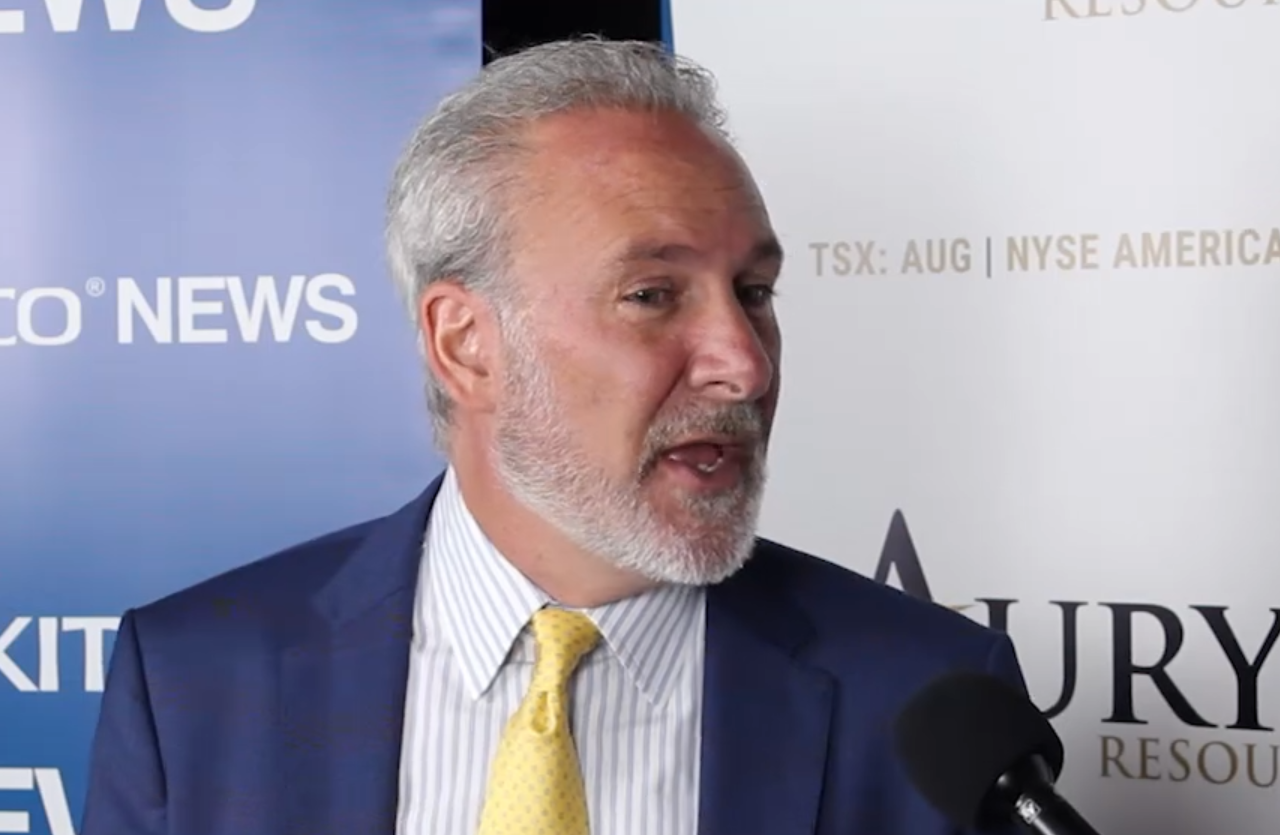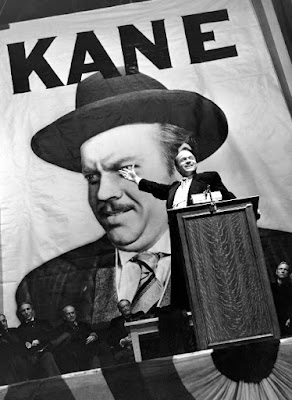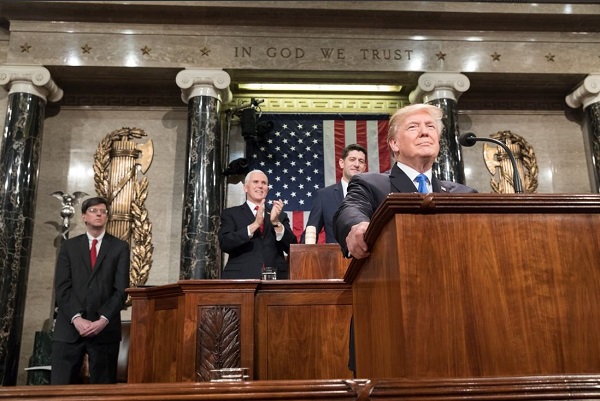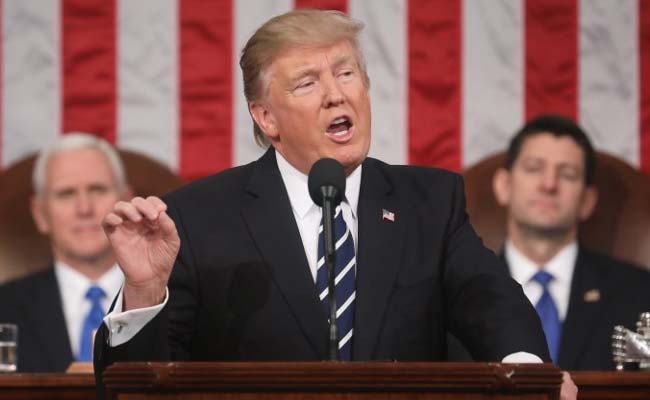It’s been a little over a year since I sat down with Peter Schiff at his house in Connecticut to discuss the importance of international diversification. Since then, the options available to take protective measures have declined in many ways, especially as the destructive FATCA law comes into force.
While some doors have closed, others have opened. And perhaps one of the most significant new opportunities in the world today is the tax incentives in Puerto Rico.
In fact, Alex Daley and Louis James, two of my Casey Research colleagues, have already moved to Puerto Rico to take advantage of the tropical weather and low taxes.
Peter Schiff is also moving there. He has already moved one of his businesses there and plans to move personally sometime in the future.
It’s not an exaggeration to say that these new incentives in Puerto Rico have been life-changing.
Any American looking for relief from the suffocating burden of ever-increasing taxation should seriously look into the Puerto Rico option.
Peter and I discuss it in detail below. You won’t want to miss this fascinating discussion.
But first, I’d encourage you to check out the fully revised and updated version of Peter’s book The Real Crash, which just hit the shelves. It’s a must read if you want to understand the economic abyss that is staring the US in the face.
And now to our discussion on the stunning tax benefits of Puerto Rico.
Nick Giambruno: Peter, tell us about your take on the situation in Puerto Rico and some of the opportunities it offers.
Peter Schiff: The Puerto Rican situation is actually quite appealing for Americans who own businesses because the way they have reformed their tax law is very favorable to businesses that are generating their income out of Puerto Rico—Puerto Rican-sourced income.
So if you are doing something, if you go to Puerto Rico and do it—if you incorporate a business in Puerto Rico and operate your business from Puerto Rico—the tax treatment is very favorable. You basically pay a 4% effective tax rate.
If you incorporate in Puerto Rico, that corporation enjoys a 4% tax rate even if you yourself are not living in Puerto Rico, which is much better than being in the states, where it is subject to a 35% tax rate federally and then some. Depending on which state it might be incorporated in, you’d have another layer of corporate tax, so clearly you’re at a competitive advantage if you’re operating a business out of Puerto Rico. And you’ll also find that the cost of doing business—the labor costs and the rental costs—are going to be lower in Puerto Rico than the 50 states.
So you can move over there, you can operate a business at a lower cost, and you can keep a lot more of what you earn, which effectively is like a reduction in cost because you don’t have to make as much money. In the US, in order to generate a dollar of profit, you pretty much have to generate almost two pretax dollars to get a dollar after tax, whereas in Puerto Rico, you can get a dollar of after-tax profit by generating only $1.04.
Nick: So what makes Puerto Rico different than other low-tax jurisdictions like the Cayman Islands?
Peter: Well, the Cayman Islands is not part of the US. You can incorporate in the Caymans and you can enjoy a very low, maybe even a zero rate of tax. But the difference for an American is huge in that if you run a business in the Cayman Islands on the corporate level and you pay no taxes, as the owner of that business, if you want to enjoy the fruits of the profits, if you want to pay yourself a dividend or if you want to move to the Caymans and pay yourself a salary, all of that is going to be subject to US income tax. Even though the Caymans doesn’t impose an income tax, America still does. Now, if you are Canadian or German or anybody else, then it doesn’t really matter. You can move to the Cayman Islands and live a tax-free life.
But you can’t do that as an American citizen, because the US government says, “Uh-uh; we don’t care where you go on this planet.” In fact, they probably don’t care where you go in the universe. Wherever you are, if you’re earning money, the US government wants its cut.
But if you go to Puerto Rico, they don’t take a cut, and that is what is unique, because there is a tax treaty between the United States Government and Puerto Rico as part of the terms of the territorial agreement that we have with Puerto Rico. It says that if you’re an American citizen living in Puerto Rico, working in Puerto Rico, that the income that you earn while you were there is not subject to any US income tax.
Nick: I think that’s the one point that needs to be emphasized. Americans can find these kind of benefits nowhere else in the world because of the system of citizenship-based taxation which no other country effectively imposes on their citizens. So for Americans, Puerto Rico really is the only escape hatch for this kind of tax relief short of renouncing your US citizenship.
Peter: If you’re a Canadian, you can pretty much go to any of the tax havens all around the world—it doesn’t really matter, you can take your pick—but if you’re an American, you really don’t have a choice. It’s Puerto Rico, or that’s it.
Nick: What’s the situation with your company in Puerto Rico?
Peter: So far, I’ve moved one company there, which is my asset management company, Euro Pacific Asset Management. It used to be based in Newport Beach, California. So the immediate benefit to my company from that move is that the tax goes down from the tax in California, the marginal tax is upwards of 50% when you combine the state income tax with the federal income tax, so my income tax liability goes down by upwards of 90%.
Also, the office space I’ve leased in San Juan is considerably cheaper than the office space that I leased in Newport Beach, so my rent is lower.
I have four employees who have since relocated there. They’re still working from home until they get the office fully ready, but once it is up and we do hire some local Puerto Rican labor, I am sure that we will be able to hire somebody working in Puerto Rico, clerical-type work that will be a lot less expensive than what we were paying for that kind of work in California.
So the labor cost will be lower, the taxes will be lower, so it’s just a lowering overall of the operating expenses of the company, and of course, you know the plan for me—I am ultimately planning on moving there.
Nick: Yes, it’s also individuals who can directly benefit. You have the two laws, Act 20 and Act 22. One pertains to service businesses and the other pertains to individual investors. So when you move to Puerto Rico, tell us about the kind of benefits you can get.
Peter: Once I officially move to Puerto Rico, then I can get tax-free dividends on Puerto Rican-sourced income, which would include my business that has moved to Puerto Rico.
I can also make investments in the stock market and enjoy zero capital gains tax. Right now, living in America, if I buy 100 shares of IBM at $100 and sell it at $110, I have a $10 capital gain. There’s a tax rate if it’s short-term, it’s higher than the long-term rate. But once I move to Puerto Rico, I can trade IBM as often as I want, and no matter how much money I make, I pay zero capital gain taxes in Puerto Rico, and I pay zero capital gain taxes in the United States.
And any other businesses that I operate—you know, I do my radio show and right now, it really doesn’t generate much of a profit, but to the extent that it was able to generate a profit, I won’t pay any taxes if I’m doing it out of a studio in Puerto Rico as opposed to in the US.
So pretty much anything that you can do via the Internet, via the telephone, if you do it from Puerto Rico, you’re going to hardly pay any income tax, which is kind of the way it used to be in America. It’s kind of like turning back the clock to the olden days, when you got to keep what you earned, where you really were free, when you didn’t pay a lot of tax, and that’s the way it is now. If you want to move to Puerto Rico, you can reclaim the freedom that was once enjoyed here on the mainland by our great-grandparents.
Nick: Yeah, it’s really an amazing opportunity. Isn’t Puerto Rico in many ways perfectly suited for American startups and entrepreneurs?
Peter: If you can start up a company, do it from Puerto Rico—especially if it’s an online company. Then in a few years you can turn around and sell it for $5 million or $10 million or $20 million.
Let’s say you sell your business for $5 million. That’s a lot of money, but after taxes you’re left with $3 million. But if you do it in Puerto Rico, you get to keep the whole thing. So that could be a big difference.
Let’s say you’re operating a business from the US right now, but it’s small—maybe it’s an online company or whatever you’re doing and maybe you’re earning $500,000 a year—and that’s all you’re earning, and by the time you finished paying all your taxes, you’re left with $250,000 a year. Well, if you decide to move to Puerto Rico, your income would probably be more like $450,000 a year, so you’d give yourself a $200,000 a year raise, and your overhead expenses would be lower and you’d also reduce your cost of living.
So it’s a big, big difference, and especially if you compound it over years. Because you just don’t have that savings one year, you have it year after year. And now you have that extra money that you didn’t pay in taxes—you can then take that money and invest it. And now those returns are going to compound tax-free.
So if you think about it from an ability to retire—when can you retire and how much income can you have in your retirement savings—it’s so much easier, because all the checks that you would have written to the IRS you can now invest it and compound the returns tax-free.
Nick: So what do you say to the skeptics? Are you afraid the US government could force Puerto Rico to change, or the incentives could otherwise disappear?
Peter: Well, the incentives aren’t going to disappear because they’re working. Puerto Rico is already benefiting from a lot of people moving to the island, setting up businesses on the island, and so this benefits Puerto Rico because this is tax revenue they never would have received. Four percent of something is better than 50% of nothing, and in addition, when these businesses are moving to Puerto Rico, they hire people, they spend money, and they do other things that impact the local economy where the government does collect additional tax revenue. So it’s nothing but a plus for Puerto Rico; they would have no reason to end this.
Plus when you go down there they write a contract with you. So even if they end it in the future, if you’re already there, you’re locked in until 2035. So no matter what they do, once they approve your status, you’ve got a guaranteed zero-tax situation until 2035, which is another value—tax certainty.
I mean, who knows what the income tax is going to be in the United States? You have no idea how much they might jack it up in the future. At least if you live in Puerto Rico, you know what it’s going to be until 2035—and for a lot of people, that’s beyond their life expectancy. That’s a nice certainty to have.
Nick: What about the US federal government?
Peter: Puerto Rico needs to do something. The economy is in a lot of trouble—they have a lot of debt. I mean, what else can Puerto Rico do to try to improve their economy but try to expand their tax base?
So I don’t know that the US is going to try to put pressure on Puerto Rico to end something that’s actually working for Puerto Rico, unless the US government is willing to come up with a lot of cash for Puerto Rico. If the US loses a few billion dollars a year in tax revenue, well, that might be politically better than having to spend a few billion dollars in bailout money.
If Puerto Rico had simply taken this particular policy position 20, 30 years ago, Puerto Rico would now be like Singapore or the Cayman Islands.
Nick: So what areas of the island do you like personally from a lifestyle standpoint?
Peter: I bought a condominium personally in an area of Dorado Beach. And I’m in the Ritz Carlton Reserve, which just built a spectacular resort in Dorado Beach. It’s part of a larger community, which is gated and has lots of private homes that share the Dorado Beach Club, which is the beach and four 18-hole golf courses, and it’s just a beautiful community. Around the community there’s lots of stores, there’s really good private schools, English private schools; so for people who have families and want to relocate, I think it’s very family friendly. You see kids at night walking around, riding their bikes to each other’s houses, you don’t have to lock your doors; it’s a very, very safe, beautiful community. And of course, you’ve got great weather. So if you like the water, if you like sailing and scuba diving and playing golf, and tennis and stuff like that, it’s a nice place to be.
There’s also a big city, so if you’re young and single you can be in the San Juan area. I mean, it’s not like a remote little island—there’s a vibrant urban population there. There’s stuff going on, there’s a vibe to the place.
So when you have a vacation you can go to New York, or you can go to London or Paris, you can go to a show, you can see a play, you can go to the symphony, you can see a museum. That’s your vacation. Your normal life is what everybody else’s vacation is.
There are people who try to retire to Arizona or Florida, but they are still subject to federal income taxes. Even in Florida where there’s no state income tax, there’s still the federal income tax which is pretty high. You’ve got guys like Rick Perry in Texas trying to convince businesses to move to Texas because they have no state income tax, but they still have the federal income tax. Puerto Rico can out-Texas Texas, they can out-Florida Florida. I mean, nobody has what they have to offer, which is exemption from the US federal income tax.
And that is the big enchilada—not only what the US income tax is today, which is 39% plus the Obamacare, so it’s about 44%, but who knows what it’s going to be? What if Hillary Clinton is the next president and we’re still in recession; and what if Hillary says, we need another tax bracket, maybe we have to go to a 60% or 70% tax bracket?
Nick: Peter, I know you’re a busy guy. I appreciate you taking the time to explain to our readers this exciting and unique opportunity and wish you the best on your endeavors in Puerto Rico.
Editor’s Note: Puerto Rico’s Stunning New Tax Advantages is the authoritative guide on the Puerto Rico option. It’s been reviewed by dozens of professional sources in Puerto Rico and the mainland US, including top law firms and accountants. It’s an A-Z guide with information you won’t find anywhere else. If you’re considering taking advantage of these incentives, get started with this guide. It will save you a lot of time and money in the process. Click here to learn more.











